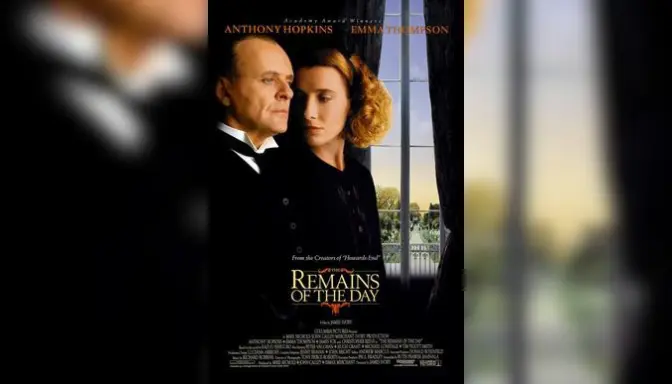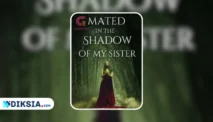The novel won the Booker Prize for Fiction in 1989, and was shortlisted for the Whitbread Novel Award and the Irish Times-Aer Lingus International Fiction Prize. The novel was also included in several lists of the best books of the 20th century, such as the Modern Library 100 Best Novels, the Time 100 Best English-language Novels from 1923 to 2005, and the BBC’s The Big Read.
The novel also received a positive response from the general public, who found the novel engaging, moving, and thought-provoking. The novel sold over a million copies in the UK, and was translated into several languages, such as French, German, Spanish, Italian, and Japanese.
The novel also inspired many readers to visit the locations featured in the novel, such as Salisbury, Taunton, and Weymouth, as well as the stately homes that served as models for Darlington Hall, such as Powderham Castle, Dyrham Park, and Badminton House.
The novel also generated some controversy and debate, especially in relation to its portrayal of Lord Darlington and his involvement in Nazi appeasement. Some critics and historians argued that the novel was too sympathetic and forgiving towards Lord Darlington, and that it downplayed or ignored the atrocities and the horrors of Nazi Germany.
They also claimed that the novel was inaccurate and misleading in its depiction of the historical events and figures, such as the Munich Agreement, the German ambassador, and the French aristocrat. They also accused the novel of being anti-British and anti-American, and of glorifying the old and decadent aristocracy.
Other critics and historians defended the novel, and argued that the novel was not a historical or political account, but a literary and artistic work, that explored the human and moral dimensions of the story, rather than the factual and historical ones. They also praised the novel for its nuanced and balanced portrayal of Lord Darlington, and for its recognition and respect of the complexity and diversity of the historical and political context.
Comparison with the Film Adaptation
The novel was adapted into a film in 1993, directed by James Ivory and starring Anthony Hopkins and Emma Thompson as Stevens and Miss Kenton. The film was also a critical and commercial success, and received eight Academy Award nominations, including Best Picture, Best Director, Best Actor, and Best Actress.






